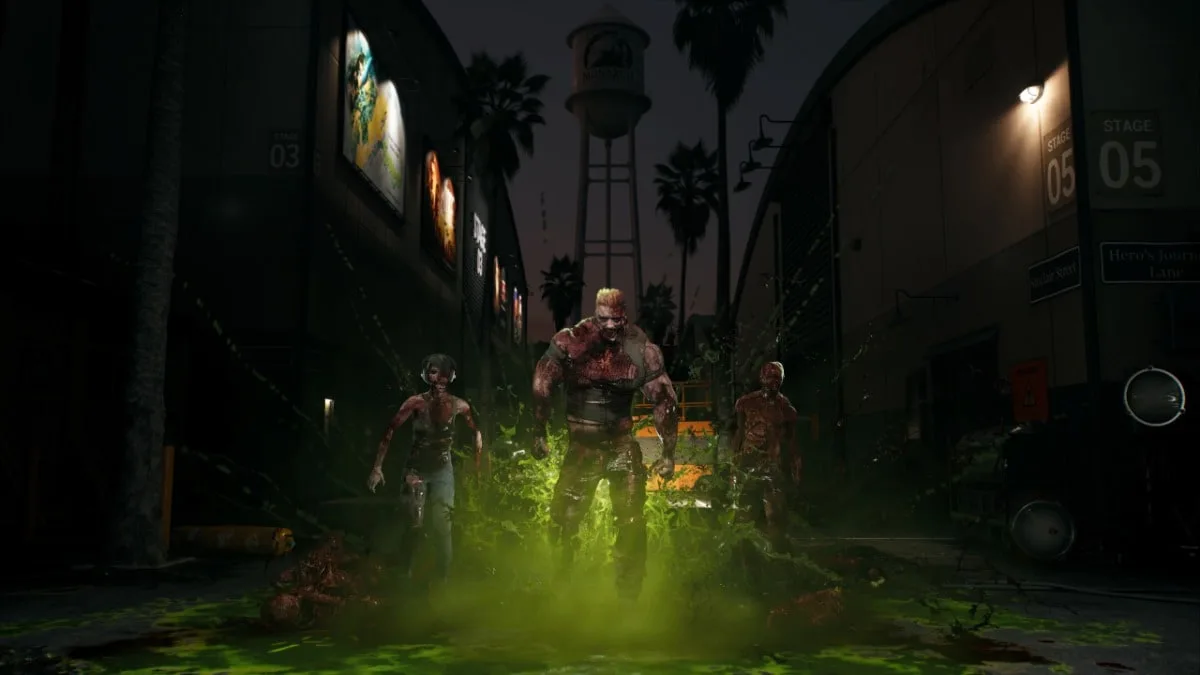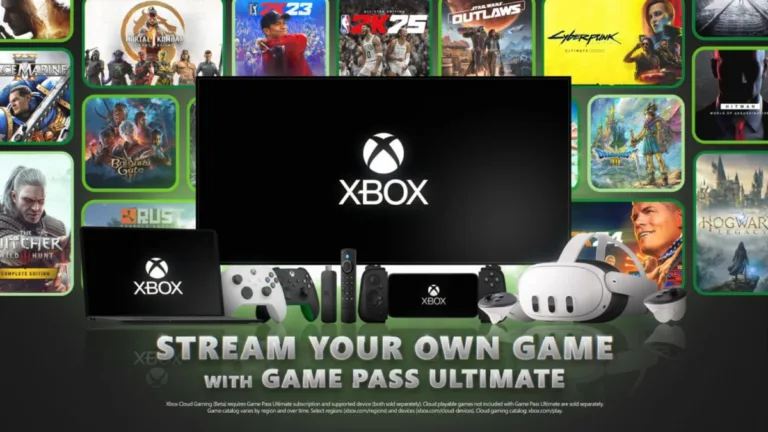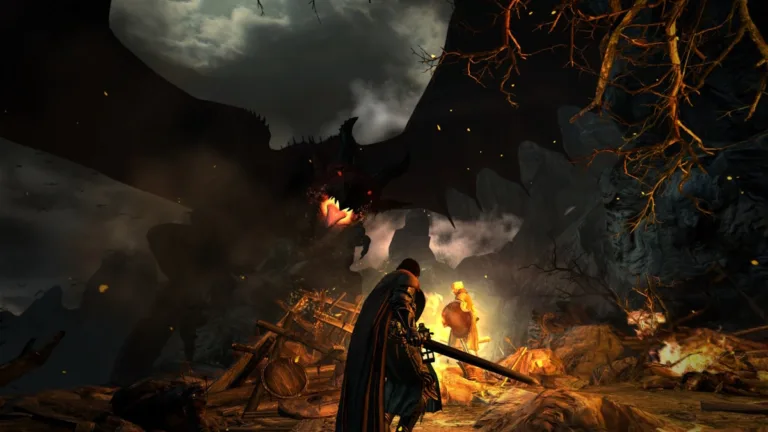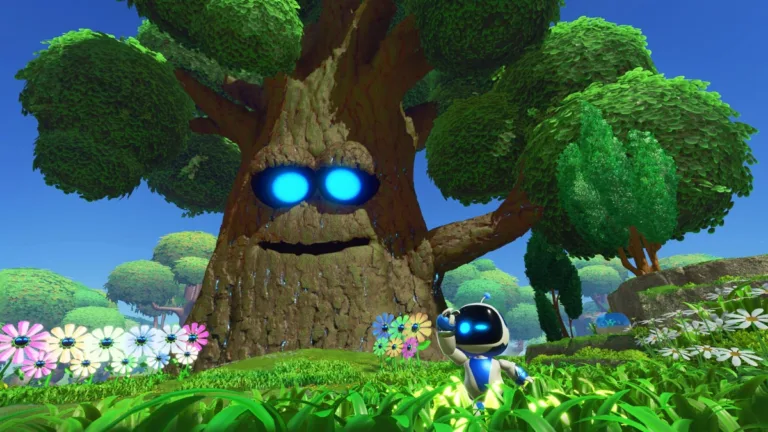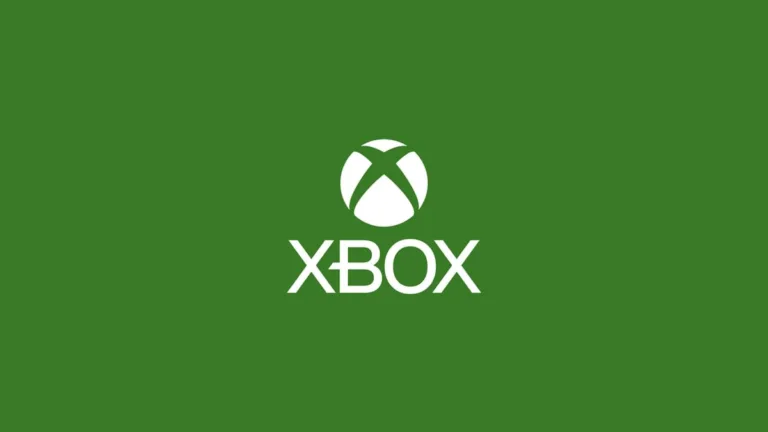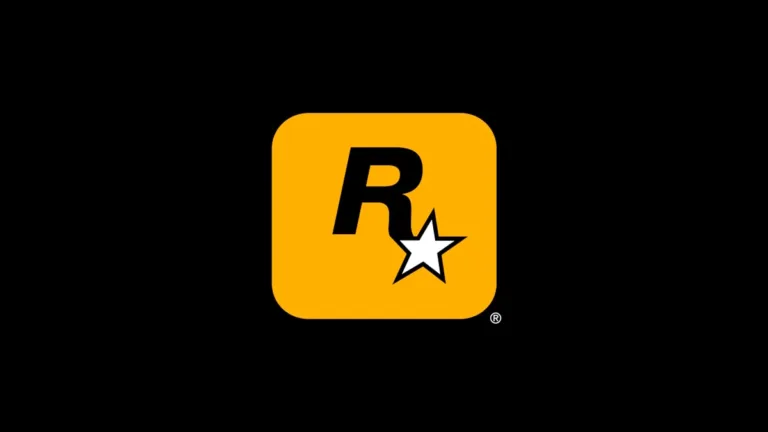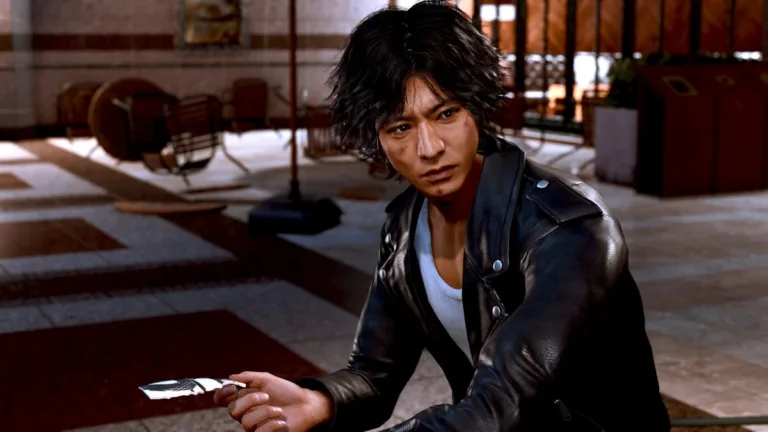Dead Island 2 Review: Escape From Hell-A
In most video games, you just kill stuff. You shoot, stab, blow up, or slice through a rotating cast of bad guys on your way to a usually yellow and sometimes off-white circular-ish marker on your screen, where you receive your next set of instructions from an NPC. Apparently, that radio/file/key/code/ you were looking for and expected to find here is actually stashed at another compound/tv station/prison/hospital. You can take a breather, repair or buff up your gear at a conveniently placed workbench, maybe store your excess inventory in a cloud-based locker, and engage with the NPC companion/quest-giver if you’re interested in some try-hard attempt at wit. If you’ve had your fill, you can head out to do the killing thing again — the part that’s supposed to be fun.
Be it a Call of Duty-style first-person shooter, or a Devil May Cry-like hack-and-slasher, the single-player skeleton of a game that leans heavily on its singular core systems (gunplay, combat, traversal), rather than diversified world-building and narrative drive (story, characters, meaningful exploration), largely remains the same. The meat lies in how fun that repetitive core mechanic of killing actually is. In some games, it is the star of the show. Call of Duty’s time-tested, nailed-on gunplay makes even uninspired annual titles worth picking up – almost. And Devil May Cry’s lore might be lost on you, but its ridiculous moment-to-moment melee action keeps you sated and surprised. In other lesser titles, the core gameplay loop fails to keep you consistently engaged. Dead Island 2 — out April 21 — sits somewhere in the middle. Its gory, zombie-slaying sandbox never rises above the limits of its repetition, but it stays silly enough to sustain itself almost till the end of its 20-hour campaign.
Dead Island 2 is a game built in total service to “the game”. The story, characters, ideas, and motivations are embellished, but that doesn’t matter much. The only thing that counts; that the game expects you to care about and hopefully enjoy, is ‘see zombie, kill zombie’ while legging it to your next objective marker. Use a golf stick, a meat cleaver, a wolverine claw, a sledgehammer, a claymore, a katana, a wrench, a crowbar, or a baseball bat to bash in the head of the next undead in line. And then the next. You can gut, break bones, and slice off limbs on zombies in various states of decay. You can light them up, slow them down, and drop kick them to oblivion. Your intent to enact unspeakable violence is rewarded with gratuitous amounts of blood and gore.
Dead Island 2 PC System Requirements Announced Ahead of Release
![]()
Dropkicking the living daylights out of the undead never gets old
Photo Credit: Deep Silver
There is a rich environment in which all of it can feel authentic and deep, too. Bones crack realistically at points of impact; skin and flesh peel off, exposing accurate wounds; and eyes pop out of skulls subjected to blunt force trauma. Admittedly, at the beginning, the killing is fun. Finding new ways to maim zombies and new toys to do it with is fun, too. But Dead Island 2 fails to keep the fun fresh through its middle and final acts. While you keep finding new weapons and upgrades, they don’t much change the way you go about your business. Mission structure, too, largely remains the same. The game hopes that its first-person undead action will keep you invested, and it does, up to the point that you start getting tired of swinging the virtual sledgehammer. The simplistic combat never evolves beyond dodging or blocking incoming attacks from the undead and countering with brutal swipes of your melee weapon of choice. There are never any new methods to the madness. The absurd violence keeps it all hot, but the underlying mechanics remain undercooked.
Dead Island 2, Deep Silver’s long-awaited sequel to 2011’s Dead Island, is not set on an island at all. The game drops you, quite literally, in the middle of a fictionalised version of Los Angeles overrun by zombies — LA turned ‘Hell-A,’ as developer Dambuster Studios calls it. Your plane crashes right after takeoff from the city as an attempted escape from LA goes awry. You survive the crash, along with a haughty Hollywood actor, Emma Jaunt, and her team, but you’re bitten by one of the undead as you’re making your way out of the fiery remains of the aircraft. You make your way to Jaunt’s mansion and soon realise that you’re yet to turn into one of those flesh-eating zombies who roam the streets of LA, because, of course, you’re immune. The mansion becomes a hideout and an HQ for you and your companions, and you become the resident handyman. As you head out for quests and rescue more survivors stuck in the Hollywood nightmare, they join your ragtag crew of survivors at the Jaunt mansion.
![]()
In Dead Island 2, LA is painted with detail and blood
Photo Credit: Deep Silver
This first act is the highlight of the game. Jaunt and her staff of survivors are colourful characters and a massive Hollywood mansion actually does make sense as a base of operations in a zombie apocalypse. When you stroll out and explore iconic landmarks, you meet distinct LA denizens, each with their own idiosyncratic inclinations. You get to rescue an old Hollywood stalwart reliving his prime, work with a Gen-Z influencer farming views from violence, and help a degenerate, drugged-up rockstar who couldn’t be less bothered about the end of the world.
Exploring LA is fun, too. Dead Island 2 isn’t an open-world game, but it behaves like one in some ways. The LA map is divided into popular districts, each with its own set of quests, side excursions, optional challenges, and loot. These districts serve as compact hub worlds, each modeled on a famous part of LA. Think of them like the small but uber-detailed maps from the Yakuza series that don’t stretch thin. Each district map, however, marks points of interest with familiar icons — a missed opportunity to let players run around the area and discover things on their own. The districts themselves, ten in total, are all unique and evoke specific LA vibes. Beverly Hills, despite being infested with wandering undead, retains its upscale aura and is dotted with abandoned affluence. Bel-Air has some grotesquely opulent celebrity mansions — once spit-shine spick, now with a bit of red on them. And Santa Monica Pier, with its sun, sand, and sea, exudes that trademark summer chill.
Resident Evil 4 (2023) Review: A Horror Classic Mutated to Monstrous Potency
![]()
The Santa Monica Pier — a popular haunt for the undead
Photo Credit: Screenshot/ Manas Mitul
At one point in its middle section, Dead Island 2 abandons its slacker horror charm and decides to be more urgent, driving the story toward some familiar trappings of the genre. Your immediate objective – to get the hell out of Hell-A, along with you famous friends – is set aside in the pursuit of abstract favours for dubious new characters, all in the name of studying the nature of your immunity and how it could be used to save humanity. This second act almost deliberately squeezes the fun out of the game and feels incongruously serious and self-important against the silly and self-aware opening. None of the new characters shine, and quests, which had been California-style free-spirited and wacky up to the point, devolve into the gaming equivalent of an instruction manual. The Far Cry-esque ‘go here, do that’ homogeneity turns all objectives into chores. This funnels Dead Island 2 into an underwhelming and predictable finale, where, for long periods, your player character’s purpose and motivations seem divorced from the dynamics set up in the breezy early sections of the game.
What doesn’t change much though, is the actual gameplay. Dead Island 2 swings hard for first-person melee combat glory and hits many bright spots, but misses the mark on some. Drawing heavily from Techland’s 2022 first-person zombie-killing affair Dying Light 2 Stay Human, the game features similar visceral fighting mechanics, utilising a brutal lineup of improvised weapons — hammers, baseball bats, swords, spears, knives, and claws — all of which deal eviscerating damage. There’s a bespoke system for damage output, which leaves accurate wounds on zombies depending upon the type of weapon and the manner of attack you choose. Bladed weapons such as katanas, machetes, and longswords slice flesh open precisely based on the angle of assault, exposing underlying bones and organs. A powerful slice, executed by holding on the R2 button for attack, will chop limbs clean off in an explosion of blood and gore. Blunt weapons such as sledgehammers and clubs, on the other hand, crush parts of a victim’s body with extreme prejudice. A hard swing to the head will smash the skull and pop eyeballs out of their sockets, while a swipe at the legs will leave the undead crippled on their knees, or crawling on the bloodied floor.
![]()
Dead Island 2 swings hard for first-person melee combat glory
Photo Credit: Deep Silver
All this can be used tactically, too. My go-to attack pattern was to target legs first, rendering zombies immobile, and then squash their heads like overripe watermelons. Blood splatters and pools in a disturbingly excessive showcase of game’s violent combat sandbox. For some, it might be a little too unappetising; others like me will dig the attention to detail. While the focus is clearly on up-close and brutish melee, there’s ranged combat, too. Dead Island 2 features an assortment of throwables like Molotov cocktails, chem bombs, and shuriken. You can even aim and throw the melee weapon you’re holding to stop zombies in their tracks.
Weapon modifications also seem strongly inspired by Dying Light 2. You have to find specific blueprints that let you buff weapons with elemental effects, turning your sword into a red hot burning blade, your meat cleaver into an acidic slice-and-dicer, and your hammer into a shocking electric tenderiser, for example. Unlike Dying Light 2, though, there are a bunch of guns here as well. They work, but they’re just not as fun as the game’s many melee weapons, and mostly served me as a get out of jail free card. You shouldn’t get too attached to your gear, though, as everything breaks with repeated use. You also regularly pick up better versions of weapons as you level up, leading to tedious inventory management. You are constantly disassembling older gear in order to accommodate newer weapons with better stats in your limited inventory slots.
![]()
Dead Island 2 has guns, but melee weapons make a bigger bang
Photo Credit: Screenshot/ Manas Mitul
Even with complex systems of gore, combat itself remains simplistic, almost to a fault. A well-timed dodge or block leaves zombies open for a contextual counter. With a press of the square button (on a PlayStation controller), you can riposte to deal finishing blows with a grotesque flourish. Aside from that, you can drop kick your enemies and send them flying, curbstomp incapacitated zombies, or turn into a feral zombie yourself and tear hordes of undead apart when the ‘fury’ mode meter fills up. Remember, you were bitten before, but you didn’t turn. You did, however, gain some perks from the stymied infection. You combat prowess is also aided by a deck of skill cards that unlock as you progress, each representing specific perks that buff your attack, defence, or fury prowess. While all these moving parts come together well, combat still leaves something to be desired. It never evolves or gives you new ways to dish out punishments, becoming repetitive to the point where, by the final act, you’re just going through the motions.
Traversal can become tedious, too, as fast travel isn’t available until midway through the game, and each hub area requires back-and-forth sprinting to quest objectives and side activities. It helps that each district has distinct and detailed environments, capturing a specific LA essence wherever you go. The city shines in lush, golden lighting during daytime, much like its depiction in Grand Theft Auto V. Excellent lighting livens up indoor areas as well, lending them a punchy yet life-like varnish. Night-time sequences, however, are underwhelming, as the game’s pretty props are drowned out in darkness. Sources of light fail to fill up their surroundings and your torch is barely of any use. Zombies have received the required attention in terms of graphical detail — many of them embody their pre-undead LA aesthetic. They come in various shapes and sizes, too, and in multiple states of rot.
![]()
Excellent lighting livens up indoor areas, lending them a punchy yet life-like varnish
Photo Credit: Screenshot/ Manas Mitul
On PS5, Dead Island 2 performs consistently, delivering a steady 60 fps gameplay experience. However, there were technical issues and glitches peppered throughout. I frequently encountered clipping, mostly during finisher animations in narrow spaces. At one point, the game clipped me out of the quest area and I had to double back and retrace my steps to get back on track. The objective marker can be finnicky at times too, especially in search zones. The game takes a hands-off approach at certain times when you have to hunt down quest items. This does add organic exploration to the mix, but can be frustrating at times when you have no clue what you’re supposed to be looking for. While the game doesn’t have many visual customisation options (there are no graphics modes to switch between), it does have an FOV slider — a rare win on consoles.
Dead Island 2 straddles the line between these wins and its demonstrable failures. In a way, it harkens back to a design ethos from perhaps a decade ago. That shouldn’t come as a surprise, as this game was first announced in 2014 and has taken shape over a long-drawn and troubled development cycle, swapping developers multiple times. The final product, the result of the work of Dambuster Studios, is a most video-gamey video game; one that commits to pure gameplay and refuses to contextualise the action, like many modern-day triple-A titles do. Great games nail this aspect, but also go beyond. They build on themes, develop narrative, characters, and motifs; assigning meaning to the act of play. God of War, Celeste, and Hades do exactly that.
But, all games don’t have to do that, as long as they know what they’re trying to be. They can be silly, pointless, and juvenile. Dead Island 2, for the most part, is self-aware enough. With gore at its core, it embraces the stakes-free violence and rugged value of a video game. It’s exactly the kind of game that sent American moms into moral panic in the 90s. It dodges the burnout of repetition by being short enough and never overstaying its welcome, even though the novelty of it all dies after the initial infatuation. Unlike its contemporaries, Dead Island 2 doesn’t constantly offer more from its bag of tricks. It is like a GI Joe toy in a world of hoverboards, drones, and nerf guns. But GI Joes used to be fun, too.
Pros
- Violent and gratifying melee combat
- Weapon variety and modifications
- Hub world design
- Short campaign
Cons
- Lacklustre story and characters
- Repetitive mission structure and gameplay
- Occasional bugs, glitches
Rating (out of 10): 7
Dead Island 2 releases April 21 on PC, PS4, PS5, Xbox One, and Xbox Series S/X.
Pricing starts at Rs. 3,299 for the Standard Edition on Epic Games Store for PC, Rs. 3,999 on [PlayStation Store] for PS4, PS5, and Rs. 4,999 on Microsoft Store for Xbox One, Xbox Series S/X.

